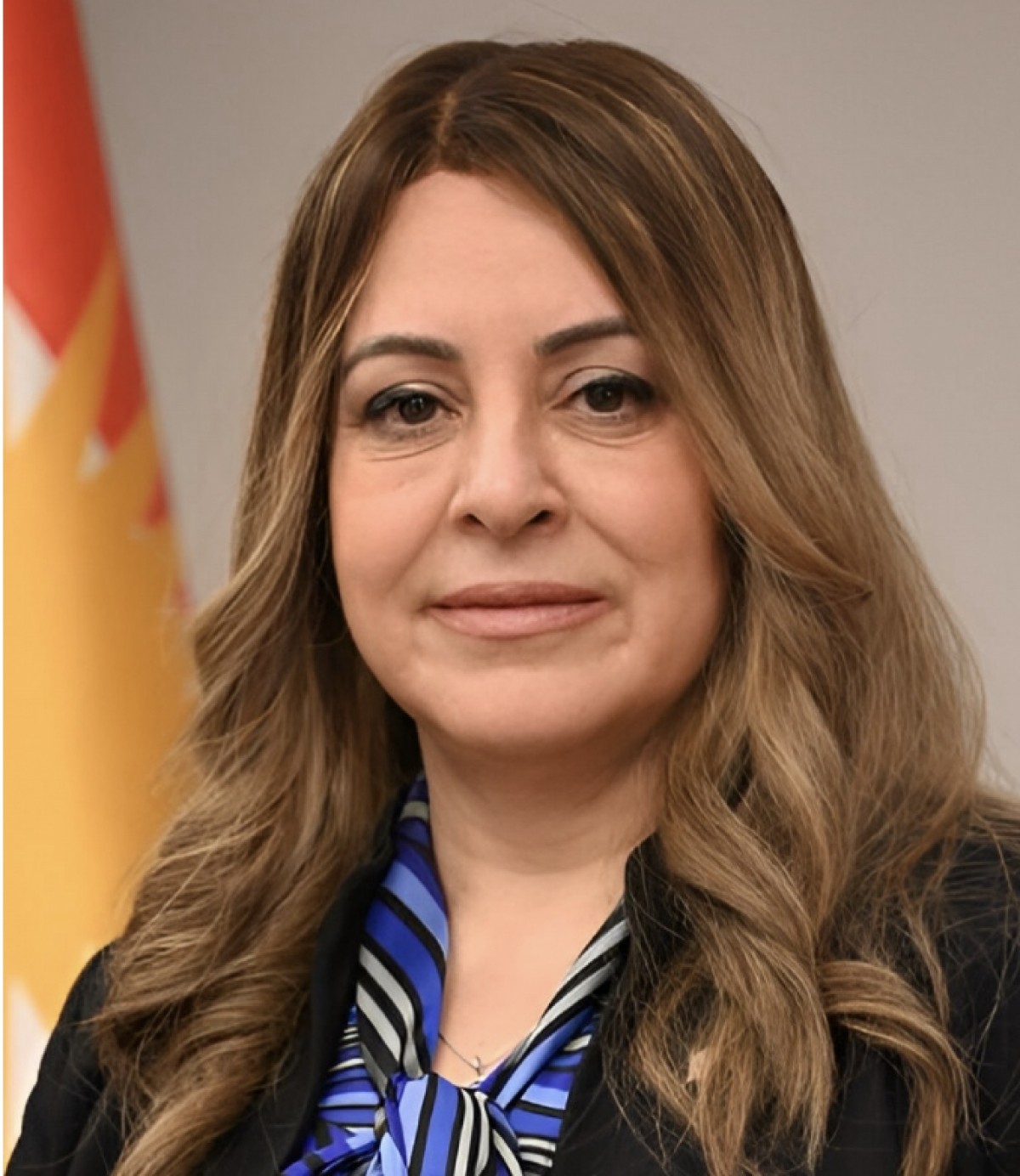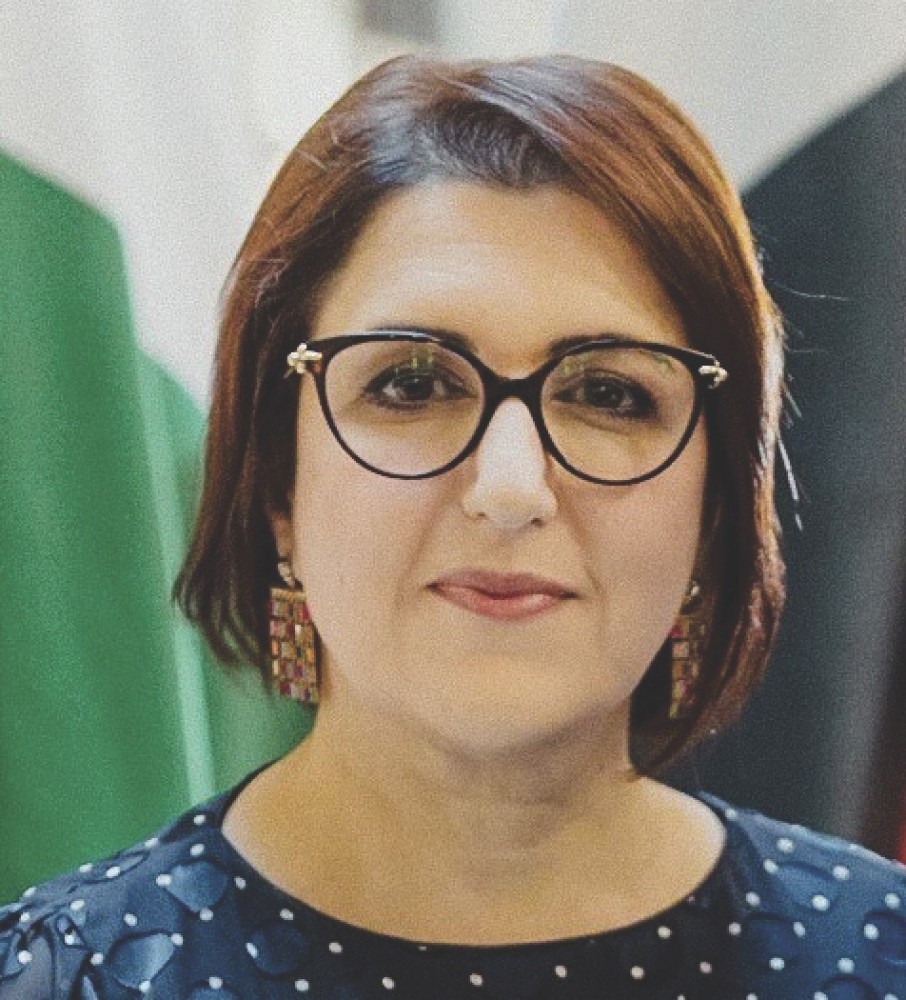Erbil, one of the oldest continuously inhabited cities in human history, is not only rich in ancient heritage, but is also emerging as a modern cultural and social hub in the Middle East. This ancient city has become the source of hope for Kurds from around the world and even minorities across the Middle East, who see Erbil as a haven in difficult times.
Currently, there are over 30,000 Kurds in Jordan, many of whom wield significant political and social influence. They are often regarded as the trusted confidants of the Jordanian king, yet their eyes remain fixed on the rising skyline of Erbil, believing that the stronger the capital becomes, the more secure their own futures will be.
In Lebanon, where the Kurdish population numbers around 150,000, Kurds lack not only parliamentary representation, but even the right to elect a local leader. For them, Erbil therefore represents hope and provides a guiding light. As is often said, the Maronites have France, the Sunnis have Saudi Arabia, and the Shi’a have Iran; the Kurds, meanwhile, look to Erbil for their future security.
Malmimi, a Kurdish artist from Anatolia, left Turkiye 40 years ago and now lives in Germany. His daughter was born there, and she frequently asks him, “If the far-right gains control in Germany and enforces exclusionary policies, where will we go?” When Malmimi visited Erbil for the first time thanks to an event organized by the Goethe Institute, he immediately called his daughter and reassured her: “Don’t worry about exclusion in Germany anymore; we have a homeland with a capital, a flag, an army, and an official language.”
Similarly, Christians in the Middle East are convinced that their fate in the region is directly tied to the future of Erbil. For centuries, Christians, Muslim and ethnic and religious minorities and Kurds have coexisted in harmony, while the Christian presence in Arab societies has declined dramatically over the last eight decades. This has led them to believe that the Kurds offer a more secure future, and that they must work together moving forward.
Employees of a Chinese oil company stationed in Basra often travel to Erbil for weekend getaways. According to the company’s director, when they visit Erbil, they feel as though they are returning to their true selves.
Meanwhile, a Syrian businessman from Raqqa who now lives in Erbil expressed his gratitude, saying: “Thank you, Kurdistan. I came to Erbil as a refugee, but thanks to the blessings and prosperity of this city, I have become a business owner with a house and everything I need. No one here tells us to leave.”
These examples only scratch the surface of the cultural and social richness of Erbil, a city growing into a metropolitan hub, where diverse voices and communities can thrive, contributing to a Kurdish identity that honors the city’s cultural and historical legacy while providing security and a sense of belonging to all. This is the hallmark of cities that, in the future, will take on a truly global role.
Botan Tahseen is the Publisher of Kurdistan Chronicle Magazine.

